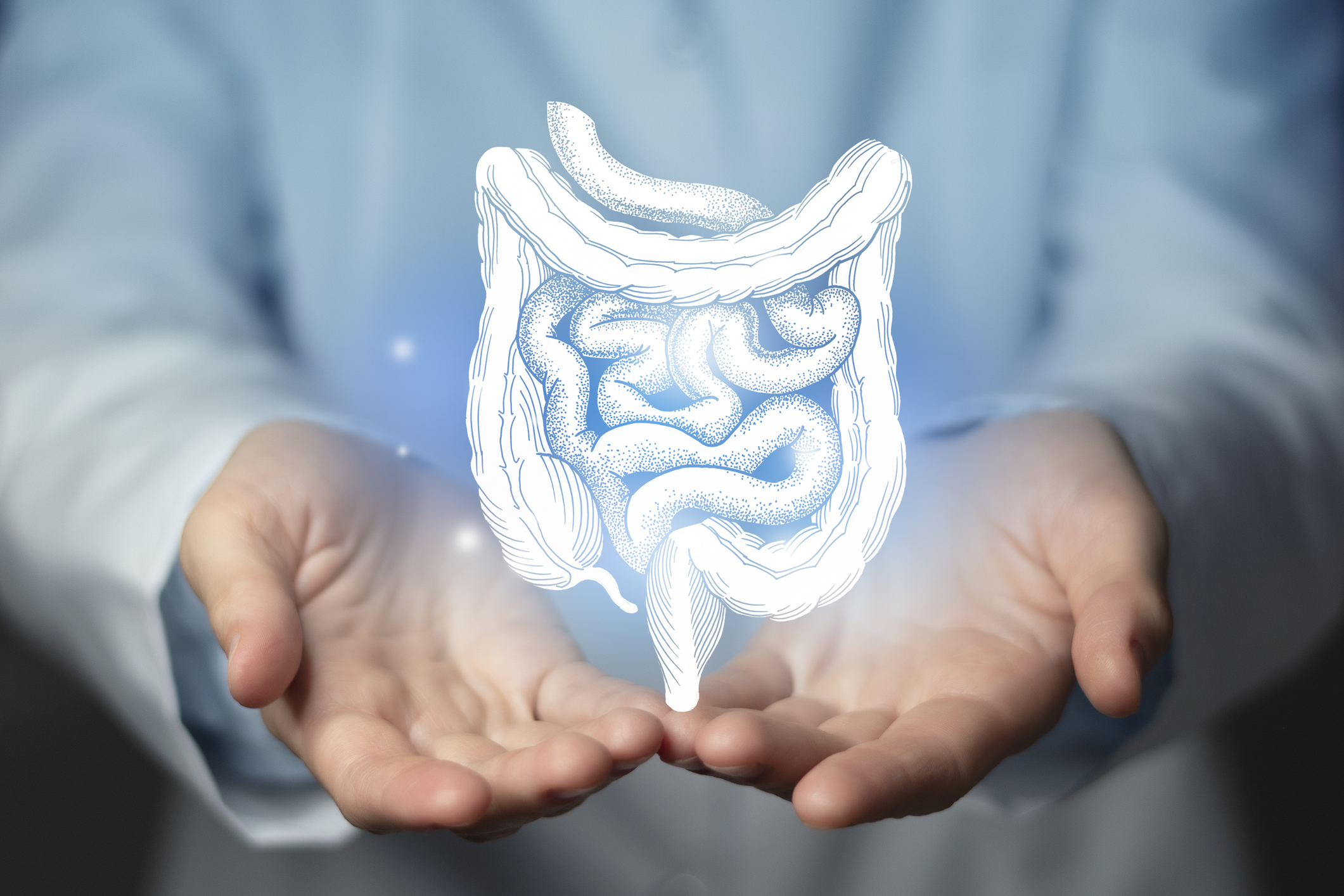Get Easy Health Digest™ in your inbox and don’t miss a thing when you subscribe today. Plus, get the free bonus report, Mother Nature’s Tips, Tricks and Remedies for Cholesterol, Blood Pressure & Blood Sugar as my way of saying welcome to the community!
The new fountain of youth: Fecal transplants

One of the strangest and most promising fields of anti-aging research is now found in the field of fecal transplants.
Yup, taking poop from a healthy individual and putting it into the intestinal tract of one suffering from the diseases associated with aging may soon become cutting-edge science.
And while there’s no doubt the idea could gross out even those of us with the strongest of stomachs, the truth is, in the search for eternal youth, fecal material could be as good as gold.
Your gut microbiome, aging and disease
Doctors and scientists have long known that we all carry around a population of good and bad bacteria in our gut, known as the gut microbiome.
This bacterial population, also known as the microbiota, is closely intertwined with the health of the entire body. And research has proven that most diseases are associated with changes in the types and the behavior of the microbes inhabiting this organ.
Additionally, with age, the composition of the gut microbiome can change, adversely affecting everything from metabolism to the immune system. This can dramatically increase risks for inflammatory bowel disease, heart problems and even neurodegenerative disorders. It’s also one of the reasons older adults are at high risk for leaky gut.
Reversing the aging process
That’s why research into how changing that composition for the better has now taken center stage, even when it means doing it by transferring poop.
That’s exactly what scientists at the Quadram Institute and the University of East Anglia did — transplanting fecal microbiota from aged mice into healthy young mice, and vice versa.
And the effects were pretty amazing…
Transplanting fecal microbiota from young mice into old mice reversed the effects of aging in key areas such as the brain, eyes and gut.
But the reverse was also true.
Microbiota from the old mice led to loss of integrity of the lining of the gut (the first step of leaky gut syndrome), allowing bacterial products to cross into circulation, triggering the immune system and causing inflammation in the brain and eyes of the young mice. It’s a process known as age-related chronic inflammation or inflammaging.
The “old” to “young” transplant also reduced a key protein required for normal vision and increased proteins associated with retinal degeneration.
Are fecal transplants the fountain of youth?
Let’s face it — as incredible as those results were, how many of us really want to sign up for a poop transplant? Not me!
I’m all for the fountain of youth, but when it comes to poop, I’m out.
Luckily, it doesn’t take poop to improve the composition of your gut microbiome and reduce the effects of inflammaging.
In fact, all it takes is supporting your gut by ensuring it has more beneficial bacteria — or probiotics — than the bad bacteria.
Probiotics can be found in foods such as:
- Yogurt
- Kefir
- Kimchi
- Sauerkraut
- Tempeh
Probiotics need prebiotic fiber to thrive — from dietary options like onions, leeks and Jerusalem artichokes, and of course, supplements.
For me, it takes the guesswork out of whether or not I’m doing enough for my gut for healthier aging — because a fecal transplant is just not in my future.
Editor’s note: Did you know that when you take your body from acid to alkaline you can boost your energy, lose weight, soothe digestion, avoid illness and achieve wellness? Click here to discover The Alkaline Secret to Ultimate Vitality and revive your life today!
Sources:
Fecal transplants reverse hallmarks of aging — ScienceDaily












